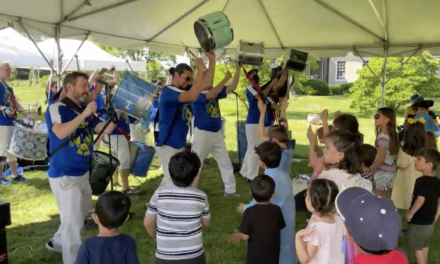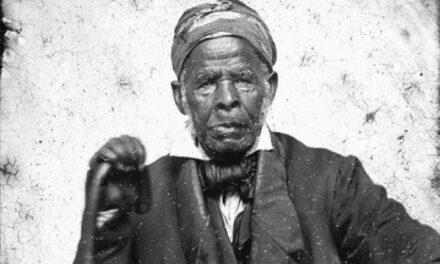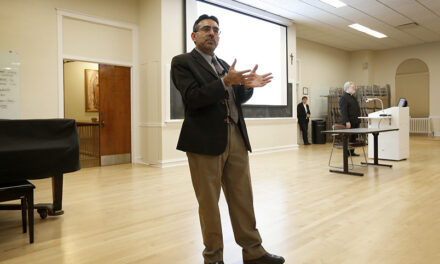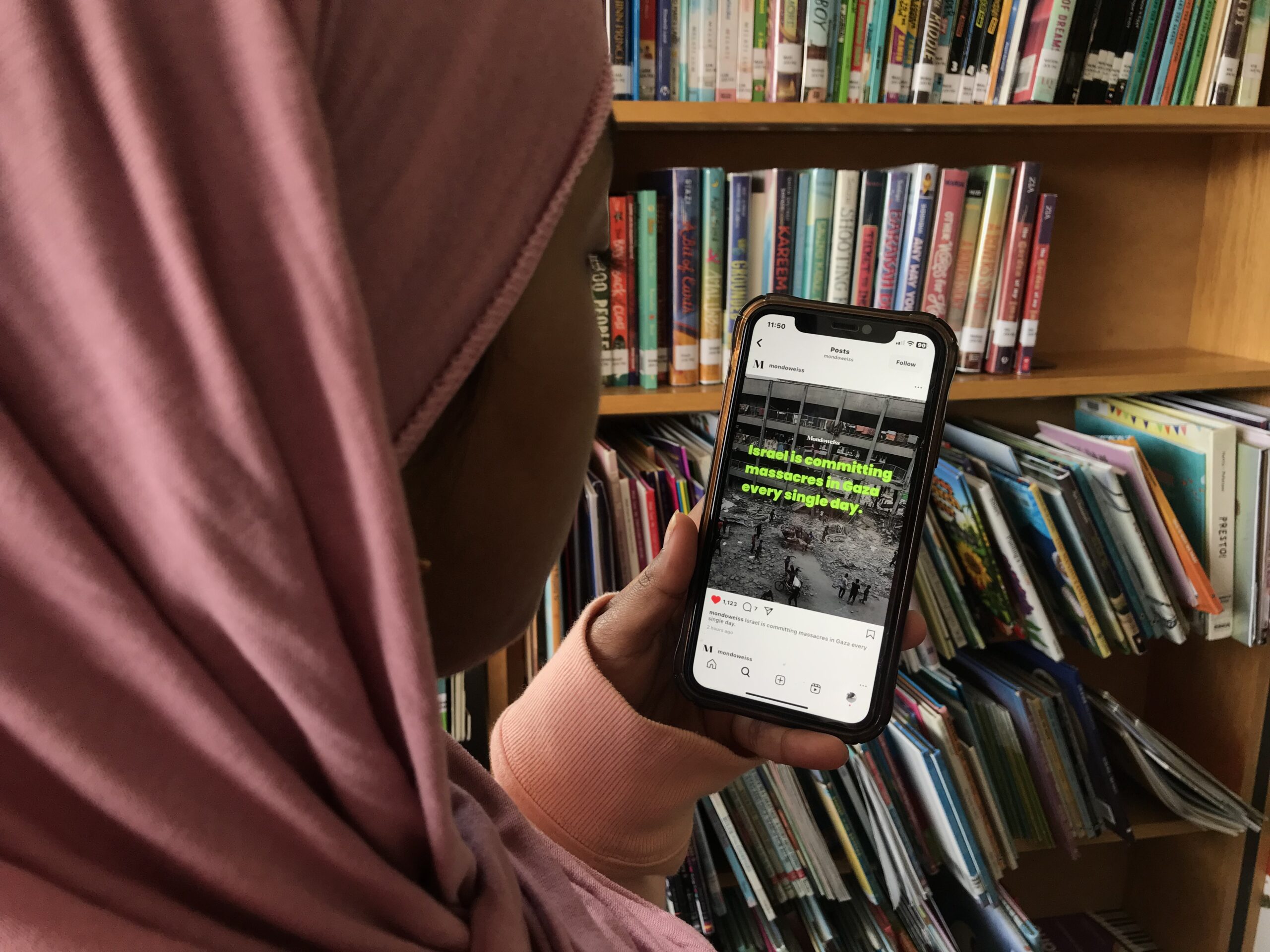
Photo illustration by Cherrie Hanson
Speaking out online safely means knowing the law and the potential dangers, said Muslim Legal Fund of America criminal defense expert Charles Swift.
“Many American Muslims and their allies share a common concern: the fear of being targeted if they raise their voices against injustice,” says the Muslim Legal Fund of America on its website about what it calls the Gaza Impact. “This fear extends to their hesitancy in providing aid to those suffering.”
This is a chilling effect, “a phenomenon where individuals or groups refrain from engaging in expression for fear of running afoul of a law or regulation,” as defined by the Foundation for Individual Rights and Expression.
Wisconsin Muslim Civic Foundation, a non-profit service foundation based in Milwaukee, “dedicated to empowering and amplifying the voices of the Wisconsin Muslim community,” is tackling this obstacle to free speech and Muslim civic engagement head-on through education.
In one of the first of its many educational programs offered this year, the WMCF hosted a webinar with MLFA legal expert Charles Swift to help Wisconsin’s Muslim community navigate legal challenges that may arise in using social media.
“Speaker Charles Swift is a legal expert whose extraordinary career has significantly shaped the pursuit of justice and the protection of civil liberties,” WMCF Executive Director Fauzia Qureshi told the audience.
Swift serves as MLFA’s criminal defense department head. MLFA is the leading nonprofit legal fund dedicated to defending Muslims’ civil rights and liberties at the federal level. “He is recognized by the National Law Review as one of the top 100 legal minds in the nation,” Qureshi noted. “His dedication to justice has earned him numerous accolades, including the ACLU’s Roger Baldwin Medal for Distinguished Service.
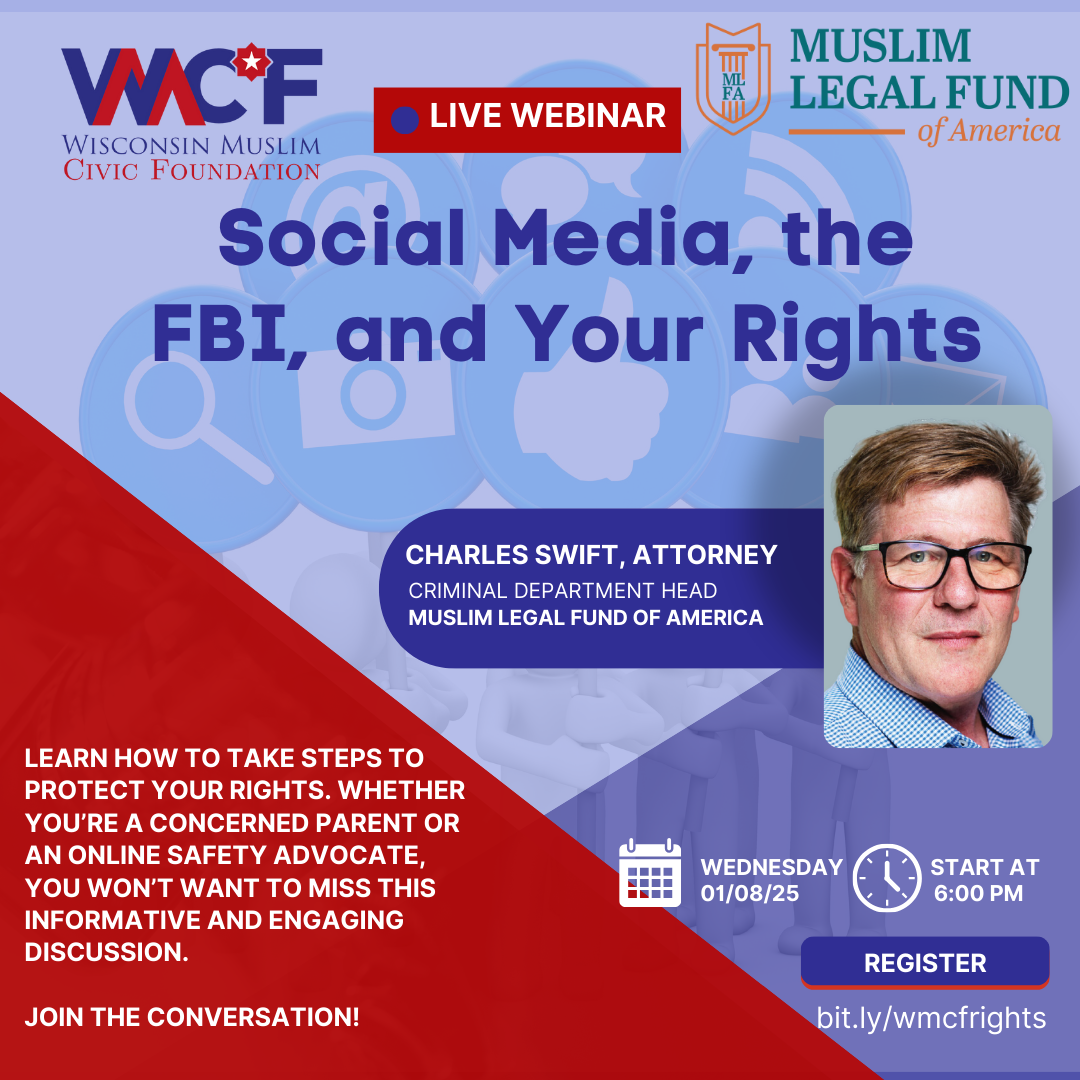
Speaking out online
“What’s happening in Gaza is genocide. Speaking out against it is extraordinarily important,” Swift said. “So is understanding where the lines are and what the dangers are.
“Most of my clients over the years had no intent of committing a crime,” he said. “They’re not criminals. They’re activists. They’re students. They’re people who are upset about what is happening in the world.
“Social media has changed the entire framework of the Federal Bureau of Investigation’s Counter-Terrorism Program,” Swift noted. As the MLFA’s website explains, “In the aftermath of 9/11, the United States government instituted a comprehensive federal effort, internationally and domestically, to prevent future terror attacks in the United States … This effort was authorized by the passage of the PATRIOT Act and led by the FBI. The effort rested on the assumption, without evidence, that the American Muslim population constitutes a clear and present danger to national security.”
The FBI’s approach had been to infiltrate masjids and Muslim organizations. Now they’ve moved their investigations online, Swift said.
“My purpose here isn’t to scare you. It’s important that our voices be heard. It’s to make you aware of a lot of different parties who are listening with different agendas. What you have to first understand is how Muslim Arab pro-Palestinian speech is viewed through the mainstream lens,” Swift explained. “They may view us as terrorists—not just those on the far right but some in law enforcement as well.”
Many FBI investigations these days come from complaints, where someone has witnessed some online comments or videos and reported them. “There are search engines and people who are looking for you to get emotional and say something so they can report you.”

Understanding free speech
“Political and religious speech is the most protected form of speech in the Constitution,” Swift said. “The right of assembly and free speech to protest and to air grievances to the government is absolutely protected in the First Amendment, as well as religious speech is absolutely protected.
“But all speech is not free. The exception is inciting imminent lawless action,” he said. “If you yell ‘Fire!’ in a crowded theater, somebody may die. If you yell, ‘Get him!’ at a protest (directing people to attack a police officer), that’s not protected.”
At the same time, when a Muslim criticizes the U.S. government for political reasons or speaks favorably about militant groups, while not illegal, it may lead to an investigation, Swift said. The FBI often operates under “the wrong assumption” that terrorism comes from social activism; that social activists at an extreme become terrorists. “As a domestic intelligence agency, the FBI views activism as something they must investigate.”
A webinar participant asked, “Are you allowed to say, ‘There will never be peace until they tear down the walls and end apartheid?’”
“Absolutely!” answered Swift. “Are you supporting Hamas (a federally designated terrorist organization)? No. It’s independent advocacy. Does it call for violence? No. It just says violence isn’t going end. That’s the very essence of what is okay!”

What about hate speech?
“What if a Zionist organization labels and blacklists pro-Palestinian voices as antisemitic? Would the FBI consider the labeled people guilty of hate speech?” asked someone in the audience.
“Hate speech is not a crime,” Swift answered. “I can say horrible things. Meta might ban me for it, but it’s a private entity, not the federal government. Hate speech is only an issue when there’s another crime.
“The Supreme Court said the Ku Klux Klan is entitled to burn a cross, no matter how bad it is, on their own property. But if they go someplace else, to public property or someone else’s property, it’s a crime. It’s called vandalism.
“Zionist organizations have tried to equate arguing against the expansion of the state of Israel and the repression of others as antisemitic. In 2006, Jimmy Carter famously pointed out that Palestinians were living under apartheid. He was labeled an anti-Semite for stating the obvious.
“The government doesn’t have the power to blacklist you. And, you know, I don’t want to repress their free speech rights because if I repress theirs, I can repress yours, too. No one said free speech is without consequences.”

Are any online conversations safe?
Some people use chat groups on Telegram or other encrypted media channels where they think they can speak more freely, Swift noted. “The problem is you don’t know who you are chatting with.” Swift had a client who ended up in a chat group where five of seven participants were undercover FBI agents.
“Anything I say online, I would say in a deposition. I write my emails like I’m going to be reading them in court.
“One of my first rules is to say what you mean and mean what you say,” Swift said. “Don’t be ambiguous and let others interpret you.”
Second, “don’t call for violence against any group or individual under any circumstances.
“Would saying they will go to hell be a threat?” an audience member asked.
“Probably not,” Swift answered. “It’s the threat of actual physical violence that’s dangerous. But be careful. It is seen in context. If someone says, ‘Your time is coming,’ that’s not saying, ‘I’ll blow you to bits,’ but it sure implies it.”

What’s considered material support?
An even more serious legal issue is the charge of providing material support for a designated terrorist organization, Swift said. The statute (18 USC 2339B), passed in 1996, gives the secretary of state authority to designate “foreign terrorist organizations” and make it unlawful to knowingly provide (or attempt or conspire to provide) material support to any designated DTOs.
“This statute was invented to go after Palestinians who supported groups like Hamas, which is a DTO,” Swift said. “Whether they should be a DTO or not is a political question, not a question I can defend in court. It’s been upheld that the secretary of state makes that decision. Anyone who is supporting Hamas has committed a fairly serious crime.”
What is material support? “Let me break it down,” Swift continued. “I had a case where a young man created (social media) accounts for a terrorist organization so they could speak. That provided a benefit and was done in coordination with the organization.
“What about sending aid to Gaza through GoFundMe?” Swift asked the audience. “What we at the Muslim Legal Fund have been doing for much of the past year and a half is helping people send funds to Gaza safely. There is no blockade on Gaza on financial funds from the U.S. side, although Israel has done almost everything it can to make it difficult.
“If it is an approved GoFundMe campaign, that’s a good first step,” he said. It is better than if someone called you up and asked you to send money, because there has been some vetting. Still, if you’re going to make a substantial donation to a GoFundMe campaign, get legal advice,” Swift recommended.
“It’s illegal to send funds to members of Hamas. There’s the rub. How do we know if someone is considered part of Hamas?
“In 2005, when Hamas won an election in Gaza and became part of the Abbas government, the U.S. secretary of state determined the Abbas government was sufficiently controlled by Hamas to no longer be an independent entity. They were sanctioned and lost an extraordinary amount of aid.
“Humanitarian aid organizations under major charities have been required to do their due diligence. Since 2006, those licenses have remained in effect.”
Is it safe to follow anyone I want online?
“Is following a page or an account for a DTO criminal?” asked an audience member.
“No, but it may put you in a dangerous position,” Swift said. “It’s not criminal to read whatever you want, but if you start posting and some of what you say coincides with what they are saying, someone may say you are acting at their direction.
“The government will absolutely pull up your social media history. When you follow a page, it will absolutely draw attention.
“People ask me all the time if it is ok to repost videos from Hamas’ account. My suggestion is to stop posting their videos. Wait until they come out on Al Jazeera or another source and post that link. Liking or reposting a Hama’s video may not be illegal but I don’t want 12 people on a federal jury deciding whether or not this was done in coordination with Hamas.
“Material support is not just money. It also includes sending money to aid organizations that are members of the DTO or sending a link where someone can join or give money to the DTO.”

Some legal advice
“There’s something you need to know,” Swift said. “If the FBI knocks on your door and wants to ask you a few questions, the most important thing to say is, ‘This sounds serious. I want a lawyer.’
“If they are knocking at your door without a warrant for your arrest, they’re trying to develop a case to arrest you. They can lie to you and can get you to lie.
“What do you think is the most commonly prosecuted crime in the national security anti-terrorism section? Well, 50% of it is false statements to the FBI. In fact, when the FBI doesn’t have a case against you, if you lie, they can prosecute you for making a false statement.
“There is no situation when talking to the federal government, including to the FBI, that it is bad to have an attorney. It’s the prudent thing to do. The Constitution says you have a right to counsel. That can never be used against you.
“If you are concerned about your online activity or activism, you can call us at the Muslim Legal Fund,” he added. “We will have a private conversation that’s protected by attorney-client privilege. We can walk through whatever you’re concerned about and what steps you should take.”
That said, “don’t go delete your whole social media feed tonight. That’s obstruction of justice and it’s probably not warranted.”
